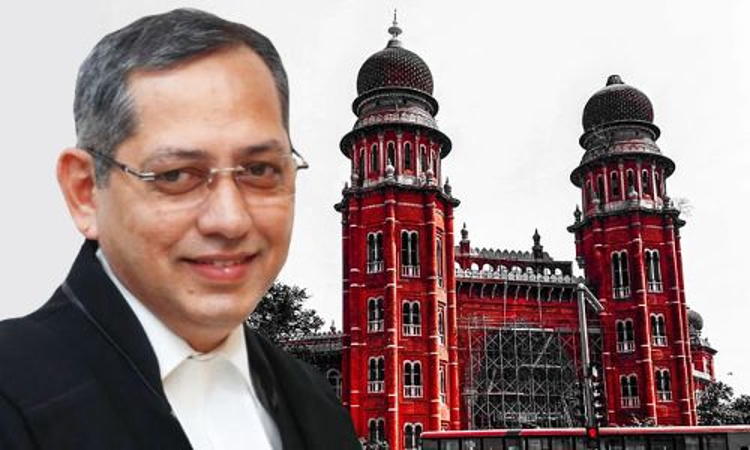The Madras High Court has referred to the larger bench a question as to whether a woman, living in a continued live-in relationship during the man's lifetime, attains status of wife after the death of his first wife in order to get the Pensionary Benefits following husband's death.A single judge bench comprising of Justice S Vaidhyanathan referred the following question for due consideration...

